Your Ultimate Darwin Day Book Guide
Foundations, history, and the future of evolutionary theory
February 12 is Darwin Day, honoring the birth of Charles Darwin who is credited with the bulk of discovering the theory of evolution by natural selection with the publication of his 1859 book, On the Origin of Species. This month’s book guide is in honor of evolutionary theory – past present and future.
Much of what is included on this book guide shows a snapshot of my own educational journey on evolutionary theory, formalized during my PhD studies. I provide four foundational texts on the theory, along with two history books to provide broader context on the historical and global intellectual development on evolutionary thinking, and finally two books that provide just a spotlight on modern directions in evolutionary theory.
Happy reading and happy Darwin Day!
Foundations of Evolutionary Theory
On the Origin of Species: A Facsimile of the First Edition
By Charles Darwin | Originally published 1859; this edition 2001 (Harvard University Press)
Obviously, the original book itself must be on the list! I read this during my first evolutionary seminar with Todd Shackelford in grad school. Although we learn about evolutionary theory in parts across (most of) our education, it was enlightening to read the original work. To see how right Darwin was about so many things – and how wrong he was about others! It’s surprisingly readable given how long ago it was written. And I will recommend, as Todd did to me, to get the facsimile of the first, original edition (the one linked), as it is representative of his original work and does not include later revisions that detract from his original ideas.
Adaptation and Natural Selection
By George C. Williams | Published 1966 (Princeton University Press)
Another classic, foundational text defending the adaptationist principles of evolutionary theory. Published at a time in which challenges to Darwinian foundations were being raised, Williams explains in precise detail core concepts of adaptation and natural selection. It remains, in my opinion, the best scientific argument against group selection. Williams also extends in areas such as genetics and social behavior that Darwin did not. A brilliant complement to Origin.
The Selfish Gene
By Richard Dawkins | Originally published 1976; this edition 2016 (Oxford University Press)
This book gets a lot of flack now, but it remains a classic foundational text (as do many of his books on evolution). The Selfish Gene is tour de force of evolutionary theory from the replicative units of evolution: genes. Dawkin’s explains how this perspective can explain many areas of evolution, including altruism and cooperation. In it he also coins the word “meme” – a ubiquitous word in today’s social media meme culture – as a unit of replicating cultural information.
Why Evolution is True
By Jerry A. Coyne | Published 2009 (Viking)
Evolutionary theory, since its inception, has been a key enemy of religious creationist ideology. And perhaps no modern scientist has been so public about defending evolutionary theory against creationist theories as Jerry Coyne. In Why Evolution is True, Coyne provides a modern, evidence-based case for, well, why evolutionary theory is true. It’s a modern read on the foundational evidence for evolutionary theory, and is a must read. This book is also interesting for its final chapter explaining why he thinks evolutionary psychology is wrong – a position he’s since walked back on.
History of Evolutionary Theory
The Reluctant Mr. Darwin
By David Quammen | Published 2006 (W. W. Norton)
In your choice of Darwin biographies, you have many to choose from. But this one was recommended to me by Todd Shackelford, who has read probably all of them. It’s written by the brilliant author, David Quammen (who appears again on this list), and is a comprehensive history of Darwin’s work across his life that led to his theory of evolution and the publication of Origin. Although he formally published in 1859, he had the idea of evolution by natural selection in his notebooks since 1838 – 21 years prior to publication! It’s a fantastic and quick read.
On The Origin of Evolution
By John Gribbin and Mary Gribbin | Published 2022 (Prometheus Books) | Read my full review
This is a new book, proving that fresh takes on old things can still make it to publication. On The Origin of Evolution also tells the story of how Darwin developed his theory (though, in a shorter take) but it’s situation in the context of deep global history. The take in this book is that the idea of evolution – that species change – was not first proposed, but actually dates back hundreds of years in countries outside of Europe. This book, combined with Quammen’s gives a broad picture of how the theory of evolution as we know it today came to be.
The Future of Evolutionary Theory
The Tangled Tree
By David Quammen | Published 2018 (Simon & Schuster)
Okay, so this one is technically a history of science book, but it’s a history of distinctly modern ideas about evolution. The Tangled Tree, by the brilliant Quammen, tells the story of how we came to know the modern branches of life. It leaves off where Darwin’s tree of life left off. Using modern genetics, the main scientist in this story, Carl Woese, discovered a new branch of life in the 1970s. Also during this time was the discovery of horizontal gene transfer – a once wild idea – but one that prompted unique challenges to ideas of inheritance and evolution. A gripping history of science story that shows the modern evolution of evolution.
This View of Life
By David Sloan Wilson | Published 2019 (Pantheon)
The modern era has seen wide and radical applications of evolutionary theory outside of biology, most notably in the social sciences and even humanities. This View of Life is a wonderful book showcasing the potential ways in which evolutionary theory can be utilized in new areas and applications. Wilson also provides a fresh defense of group selection theory – the best I’ve read, despite remaining unconvinced. It’s a great book and launching point into the future of evolutionary theory outside of biology.
You may also like…
This post contains affiliate links, allowing me to earn a small commission when you purchase books from the link provided. There is no cost to you, and this will allow me to keep this newsletter free and open to all. Happy reading!






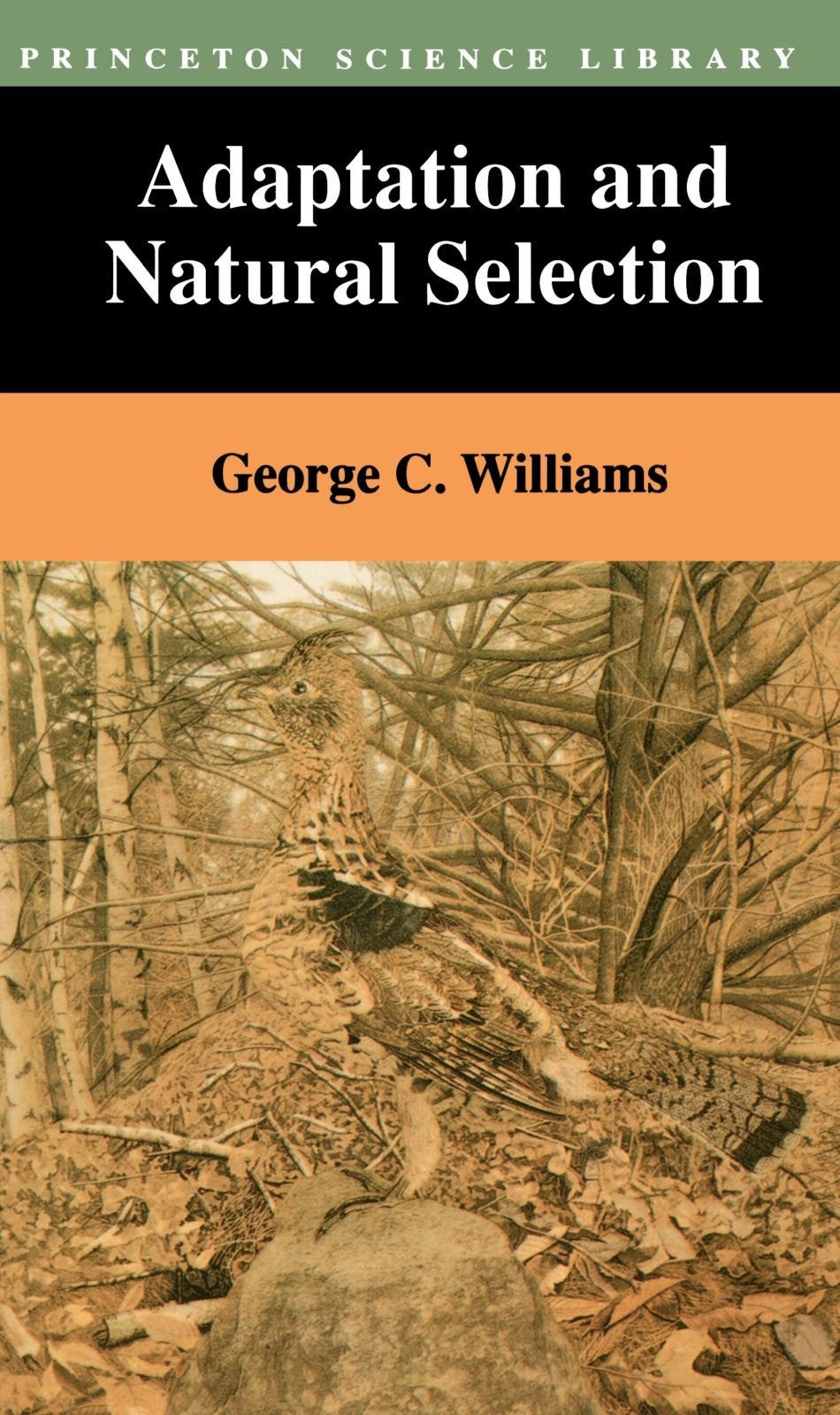
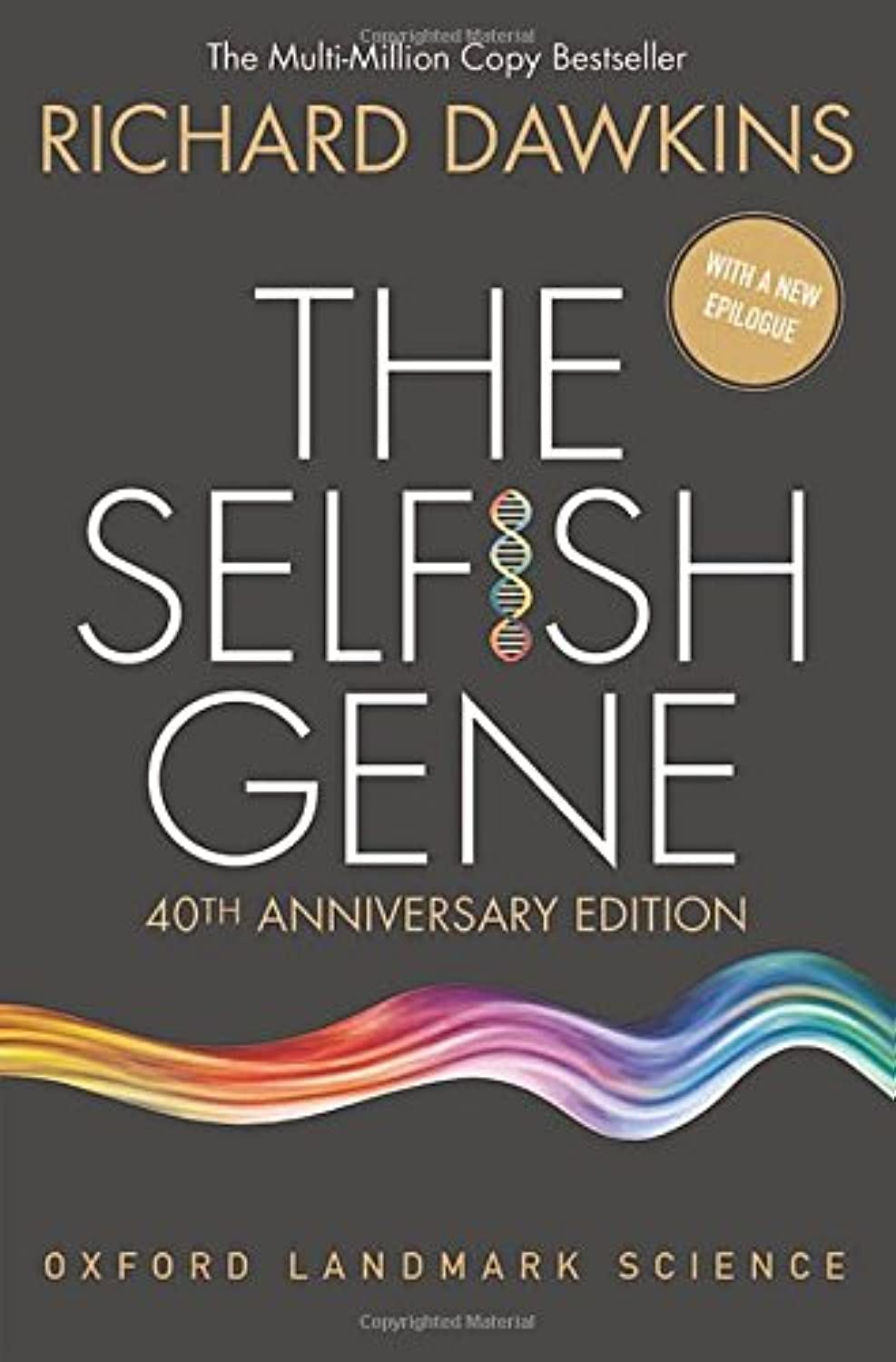
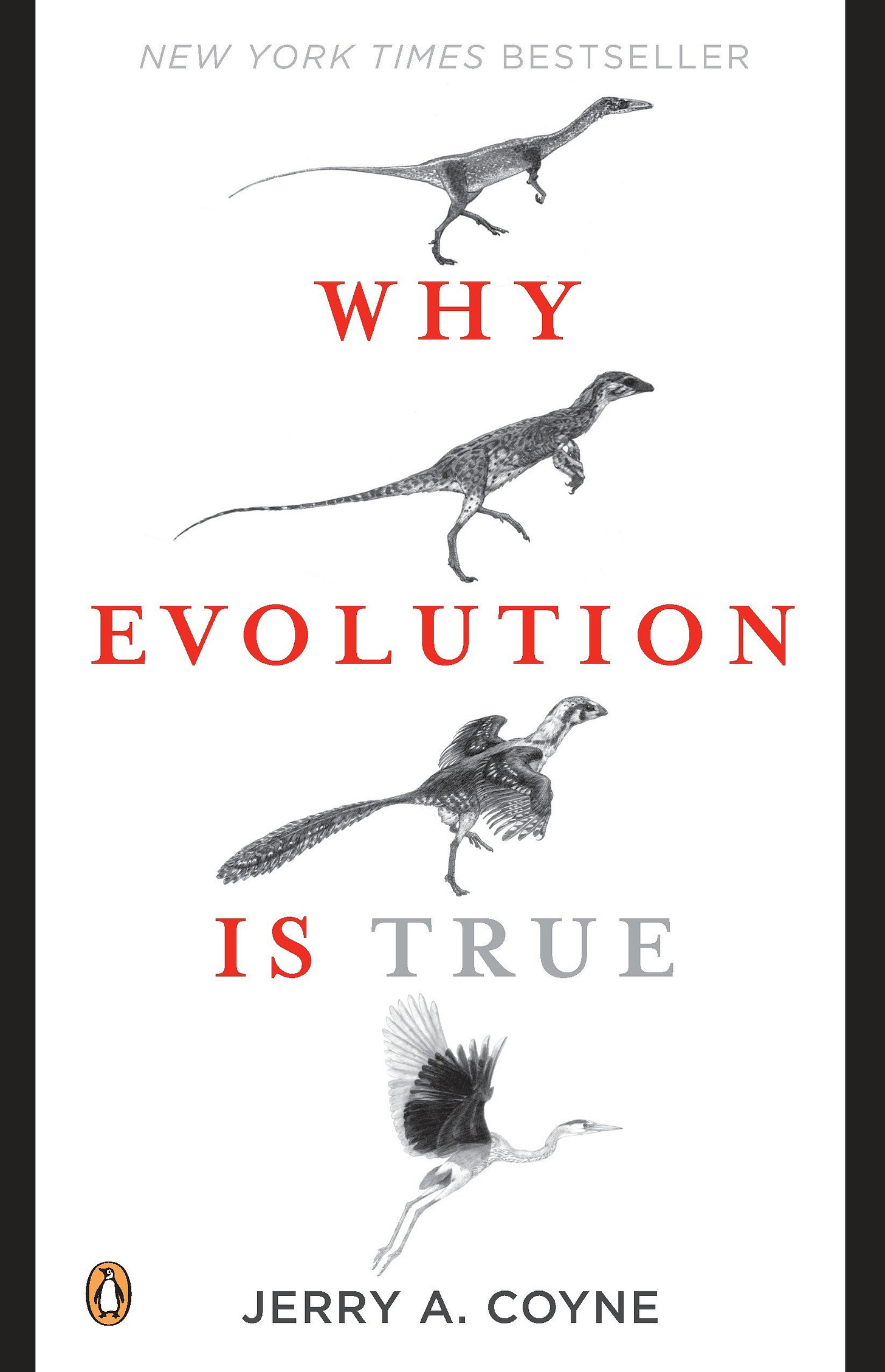
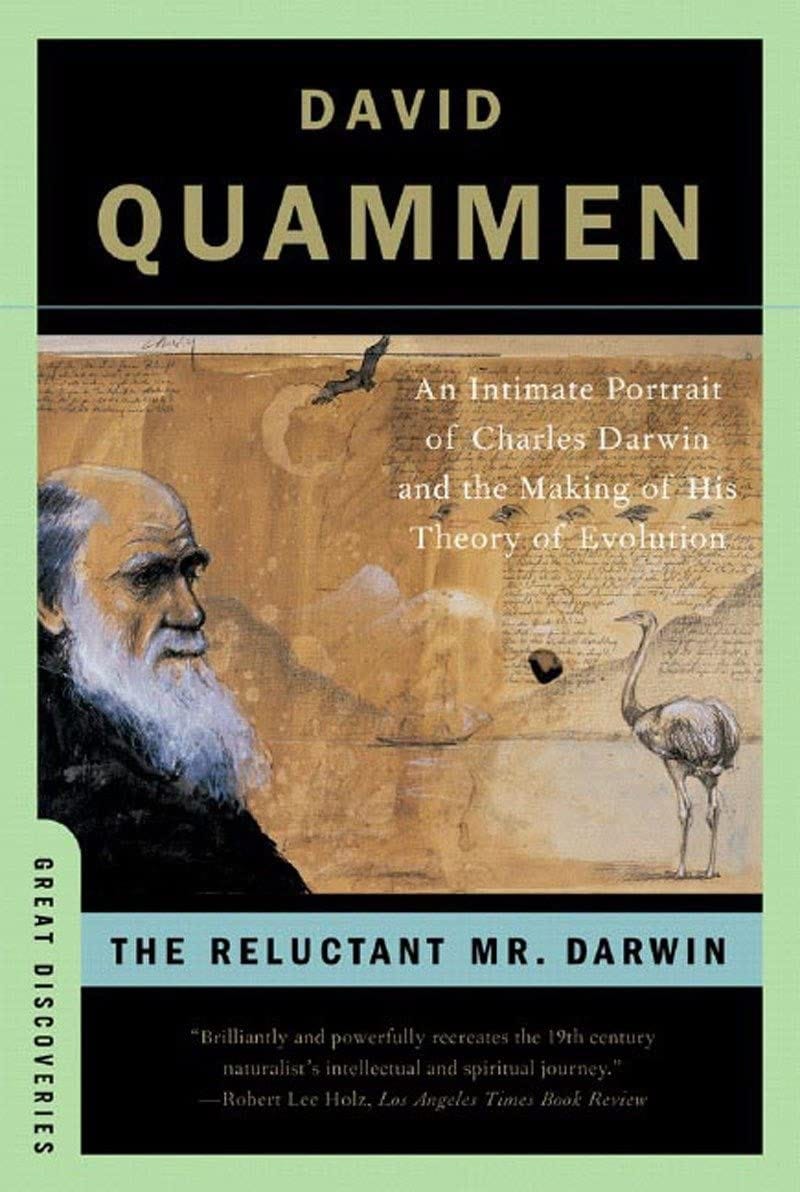


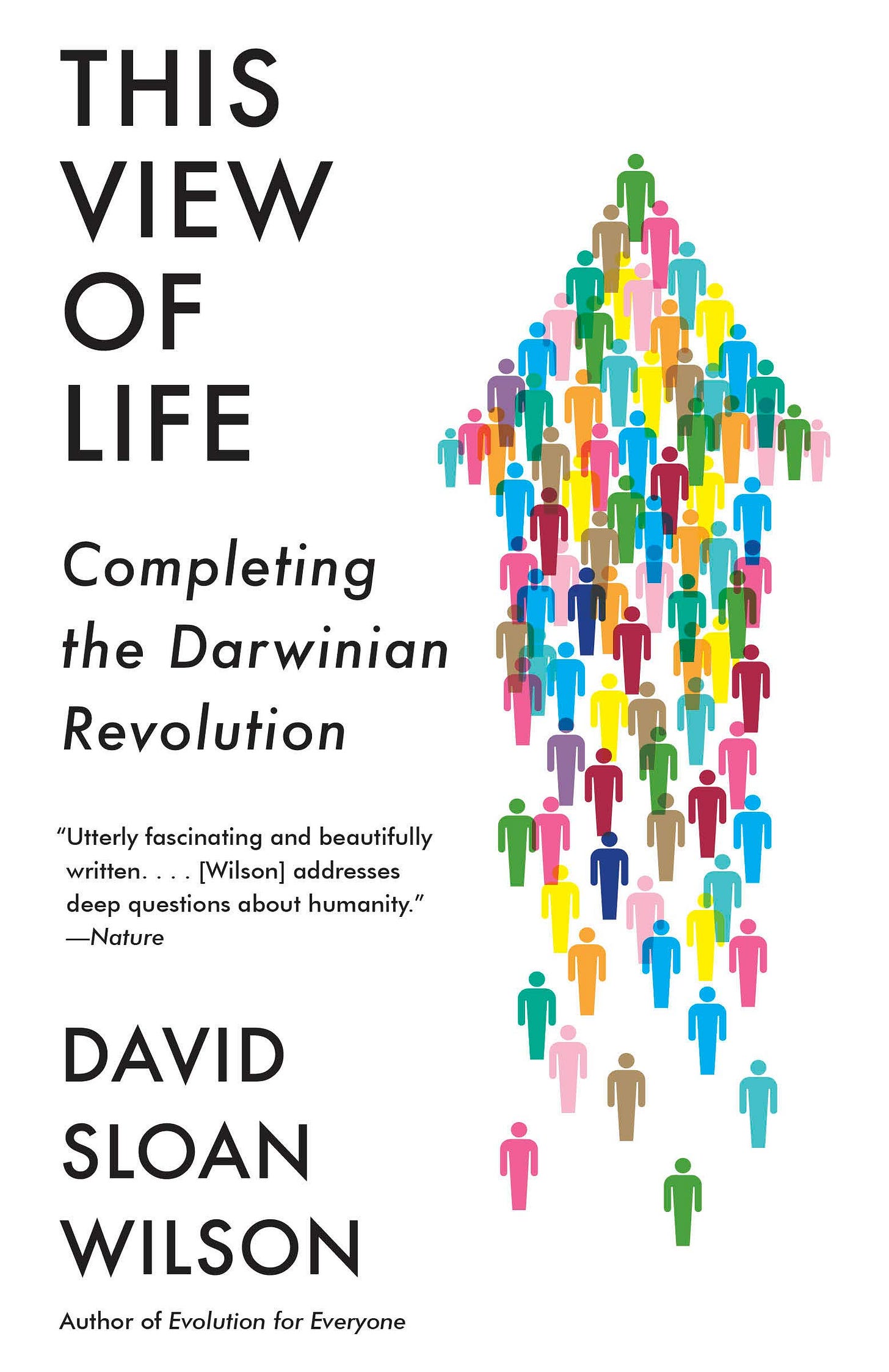

Smart people like you are my favorite! Thanks for sharing your books on this complicated topic. Will you be my resident expert when I do Science week?!
This is an extremely insightful compilation. Thank you so much Dr. Barbaro!